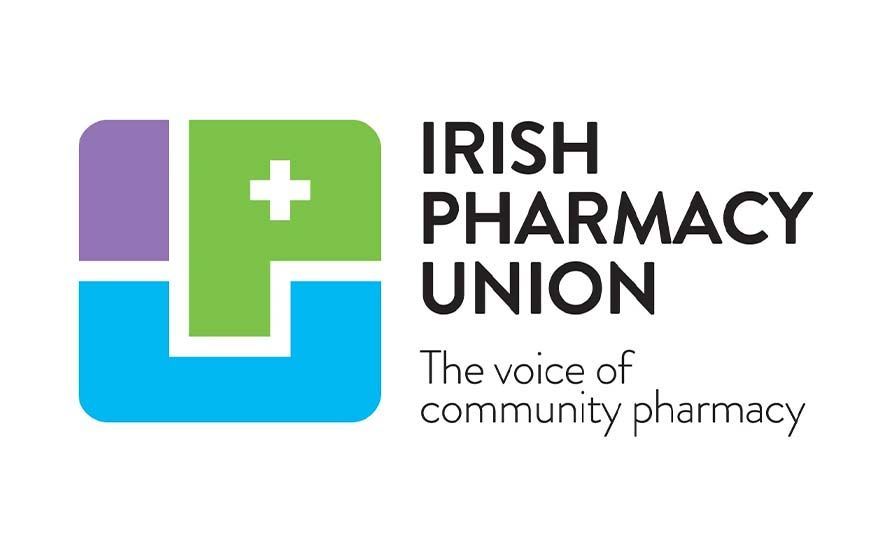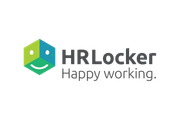HR Consulting Services
Safeguarding and Supporting
For employers looking for support with all things HR, MSS
provide practical solutions designed to help your business run smoothly
Our Services
With over 35 years’ experience advising and supporting Irish SMEs, MSS is one of Ireland's most highly regarded HR support consultants.
MSS has been advising and supporting Irish SMEs with sound, practical, and competitively priced support to help ensure they are always fully aware of their responsibilities as an employer.
To succeed, your business must find, nurture, and keep top talent. From search to onboarding to development, we guide you through every step of the journey.
Our training courses are designed to be clear, practical, and tailored to real-world challenges so you can help reduce risk, build stronger teams, and lead with confidence.
Come see what we're all about
With a combination of on-site and remote support services available, MSS-The HR People is always here to help you build a strong foundation based on HR best practices to ensure your business grows and run smoothly.











